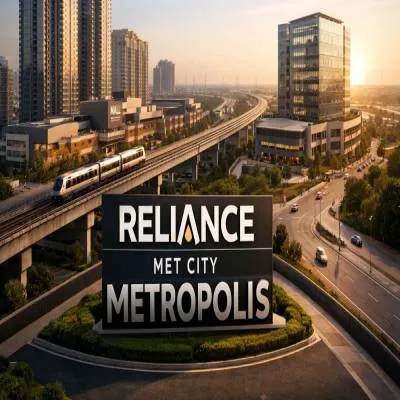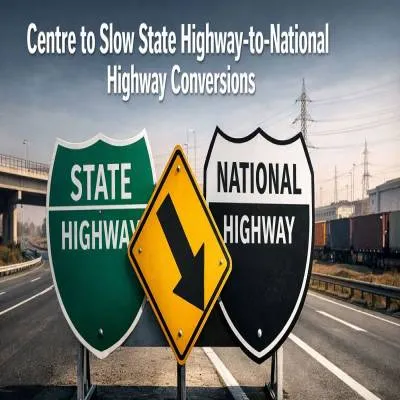Schedule a Call Back
CERC Adopts Tariffs for Hybrid Projects
 The Central Electricity Regulatory Commission (CERC) has recently adopted new tariff guidelines for hybrid energy projects in India, marking a significant step towards promoting the integration of renewable energy sources. These new tariffs are designed to enhance the feasibility and financial viability of hybrid projects, which combine multiple renewable sources like solar and wind to generate electricity more efficiently.
The Central Electricity Regulatory Commission (CERC) has recently adopted new tariff guidelines for hybrid energy projects in India, marking a significant step towards promoting the integration of renewable energy sources. These new tariffs are designed to enhance the feasibility and financial viability of hybrid projects, which combine multiple renewable sources like solar and wind to generate electricity more efficiently.
Under the updated tariff structure, hybrid projects will benefit from a more streamlined process and potentially better financial terms. This move is part of India?s broader strategy to accelerate the transition to renewable energy and achieve its ambitious clean energy targets. By adopting these tariffs, CERC aims to make hybrid energy projects more attractive to investors and developers, thereby increasing their deployment across the country.
Hybrid energy systems offer several advantages, including improved reliability and consistency of power supply by combining different energy sources. This helps to address the intermittency issues associated with individual renewable sources. The new tariff structure is expected to incentivize the development of these systems, contributing to a more stable and resilient energy grid.
The guidelines also align with India?s commitment to scaling up its renewable energy capacity and reducing greenhouse gas emissions. By setting clear tariff rates, CERC is providing greater clarity and support for stakeholders in the renewable energy sector, which is crucial for meeting the country?s sustainability goals.
Overall, the adoption of these tariffs is a positive development for the renewable energy sector, fostering growth and investment in hybrid projects and supporting India?s transition towards a cleaner energy future.


Subscribe Now
Subscribe to our Newsletter & Stay updated
RECENT POSTS
Popular Tags
Folliow us










